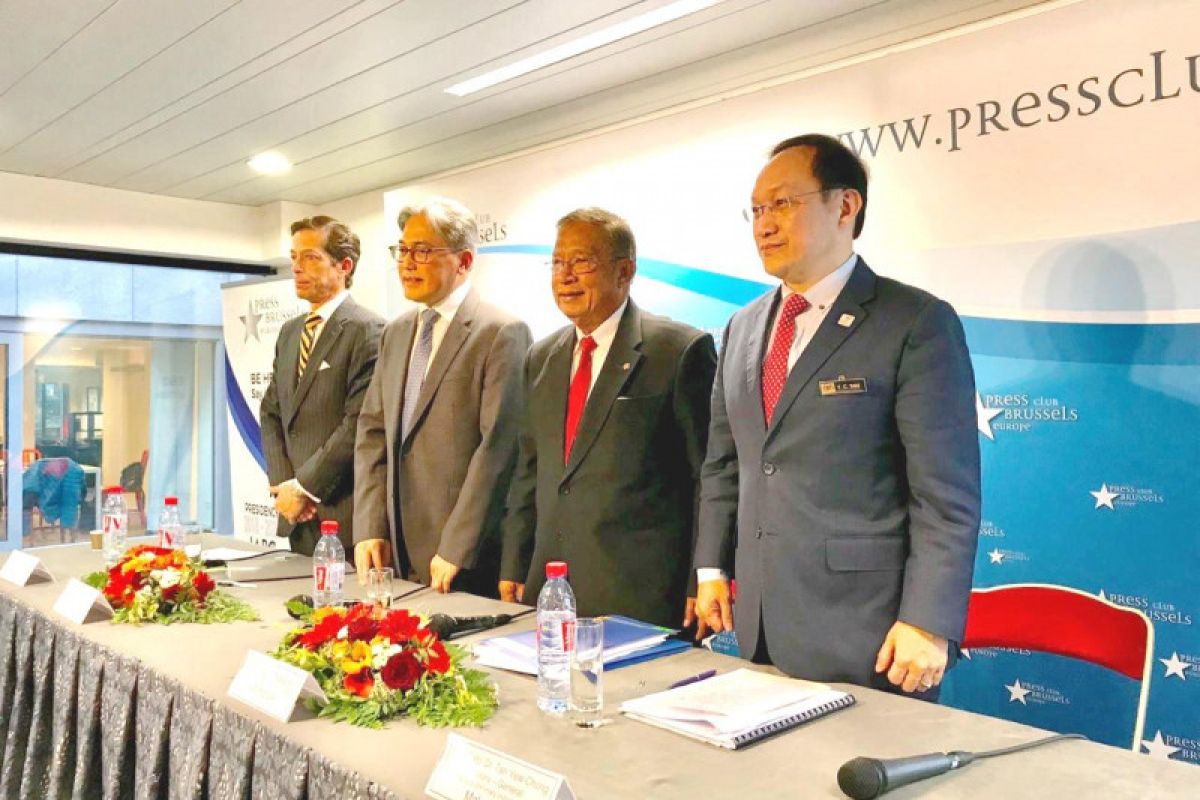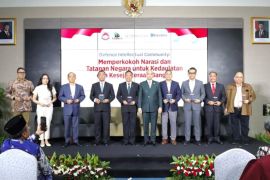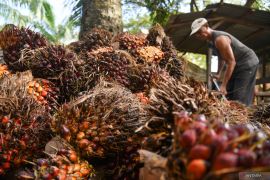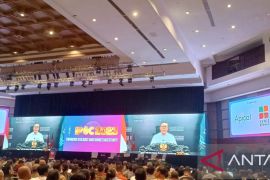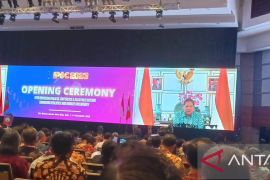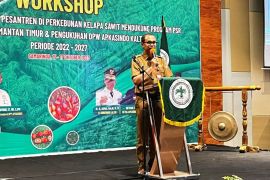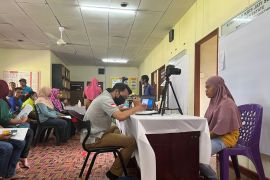The CPOPC disagrees with The Delegated Act put forward by the EU that categorizes palm oil as unsustainable and places it in the indirect land use change (ILUC) category, according to a joint statement issued, Tuesday, after the CPOPC meeting in Brussels jointly led by Coordinating Economic Minister Darmin Nasution and Malaysian Ministry of Primary Industry Secretary-General Tan Yew Chong.
The Delegated Act is a derivative of the EU’s Renewable Energy Directive II (RED II) concerning biofuel, including palm oil.
The CPOPC has been a vocal critic of the EU using The Delegated Act to phase out and enforce a ban on palm oil imports into the EU mandated renewable energy sector in a bid to promote other vegetable oils, including rapeseed.
According to the statement, the CPOPC vociferously disregards such assumptions based on criteria that are not sufficiently justified, lack scientific accuracy, and are discriminatory in nature.
The assertion that the policy is backed by scientific and environment-based studies is viewed as being more about protecting and promoting EU's domestically grown vegetable oil. This double standard is apparent from the fact that the EU does not bar the use of soybeans, whose destructive role, as being causal to deforestation, has come to light.
Hence, the CPOPC views that EU's Delegated Act to ban palm oil is driven by the bloc's political and economic protectionism instead of scientific studies.
The Joint Mission of CPOPC has undertaken a two-day visit to Brussels on April 8-9, 2019, to register its unequivocal opposition to The Delegated Act and partake in dialog with EU leaders to echo the group's key areas of concern.
Related news: Indonesia to file lawsuit over palm oil in European Court
Related news: Indonesia, Malaysia protest palm oil discrimination by EU Related news: EU market open to palm oil: ambassador
Translator: Yashinta Difa
Editor: Azizah Fitriyanti
Copyright © ANTARA 2019
